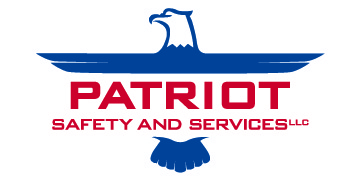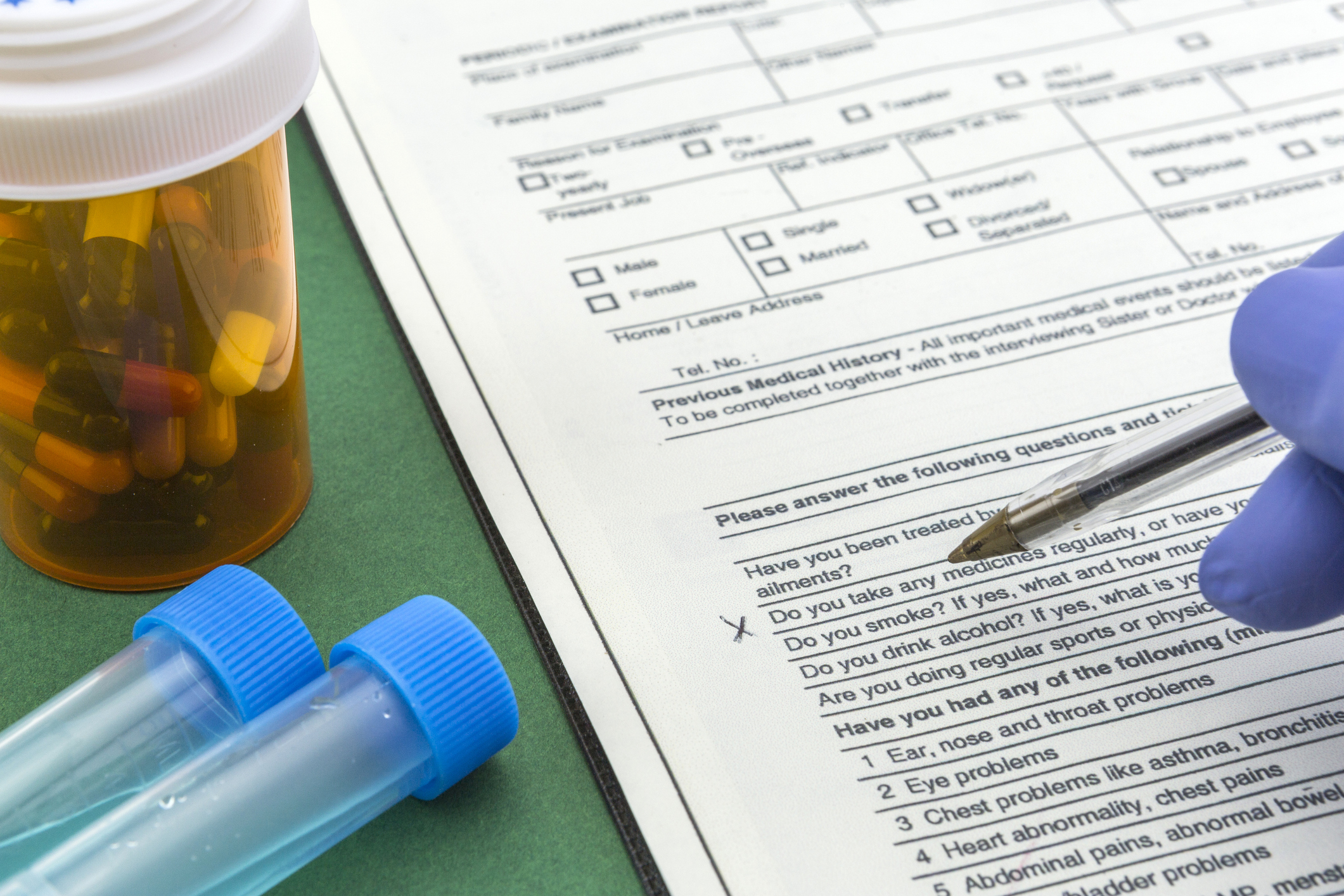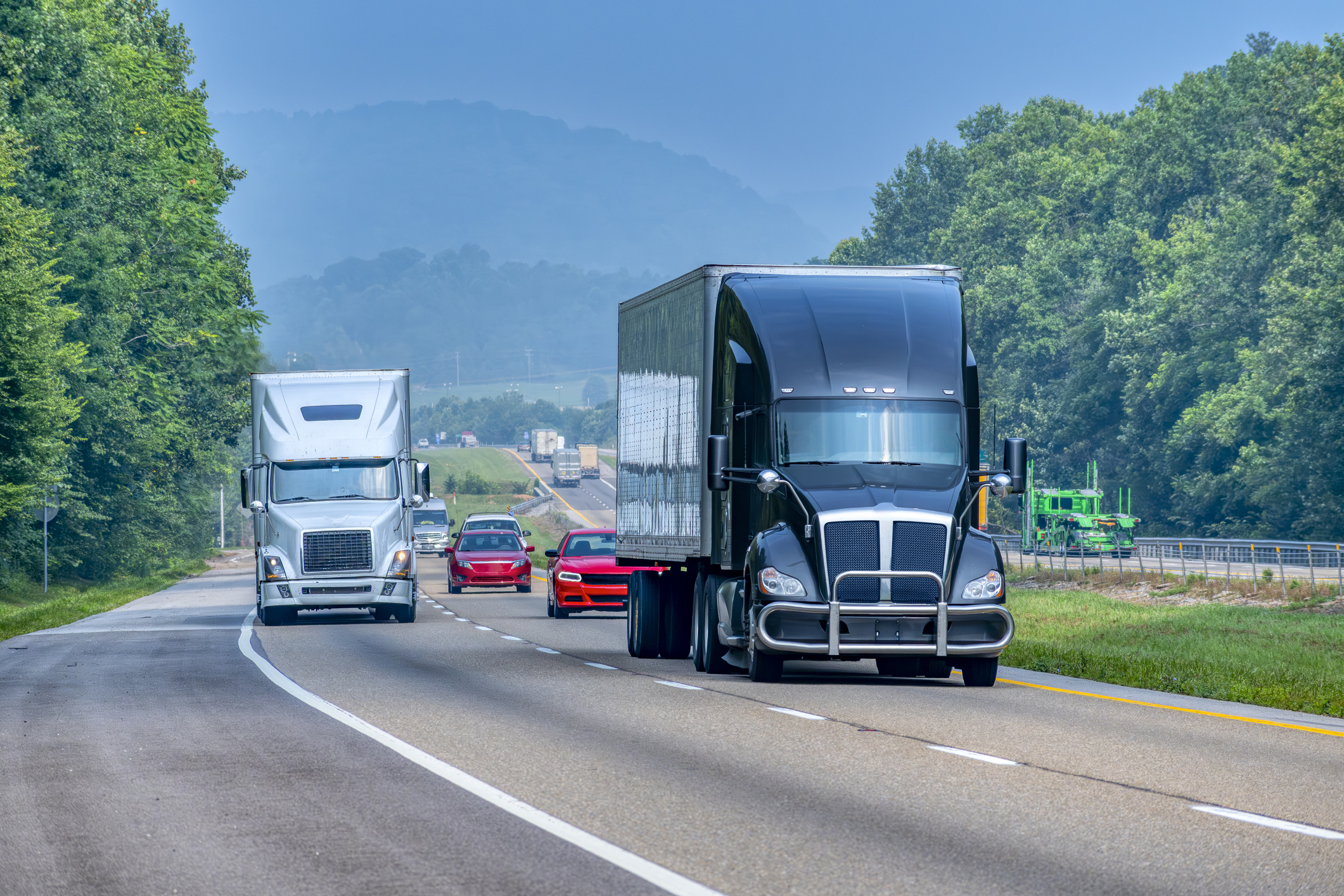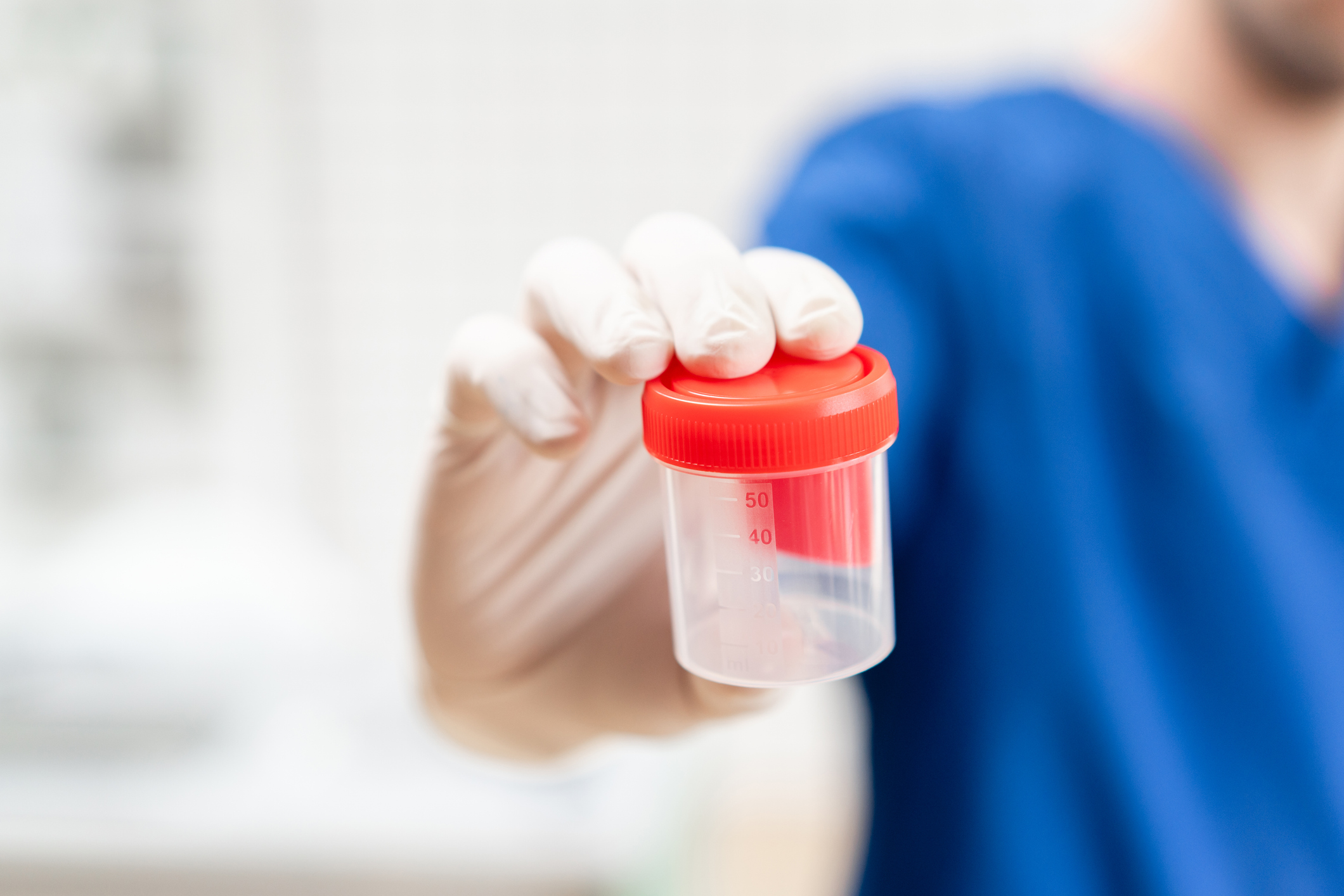Introduction to Post-Accident Drug Testing
Post-accident drug testing is one of the most important compliance and safety practices in modern workplaces. It ensures that accidents are investigated thoroughly, that substance use is ruled in or out as a factor, and that employers can demonstrate due diligence to regulators, insurers, and courts.
While post-accident drug testing has always been a requirement in safety-sensitive industries, it is now increasingly viewed as a cornerstone of broader workforce preparedness. Employers use it not only to remain compliant but also to reduce liability, strengthen insurance claims, and foster trust within their organizations.
Why Post-Accident Drug Testing Remains Essential
Workplace accidents bring immediate safety concerns, financial risks, and legal exposure. Post-accident drug testing allows employers to assess whether impairment contributed to the event, helping them respond responsibly and effectively.
Without post-accident drug testing, companies risk failed audits, denied insurance claims, and reputational harm. With it, they gain clarity, fairness, and documented compliance that strengthens their position in every aspect of risk management.
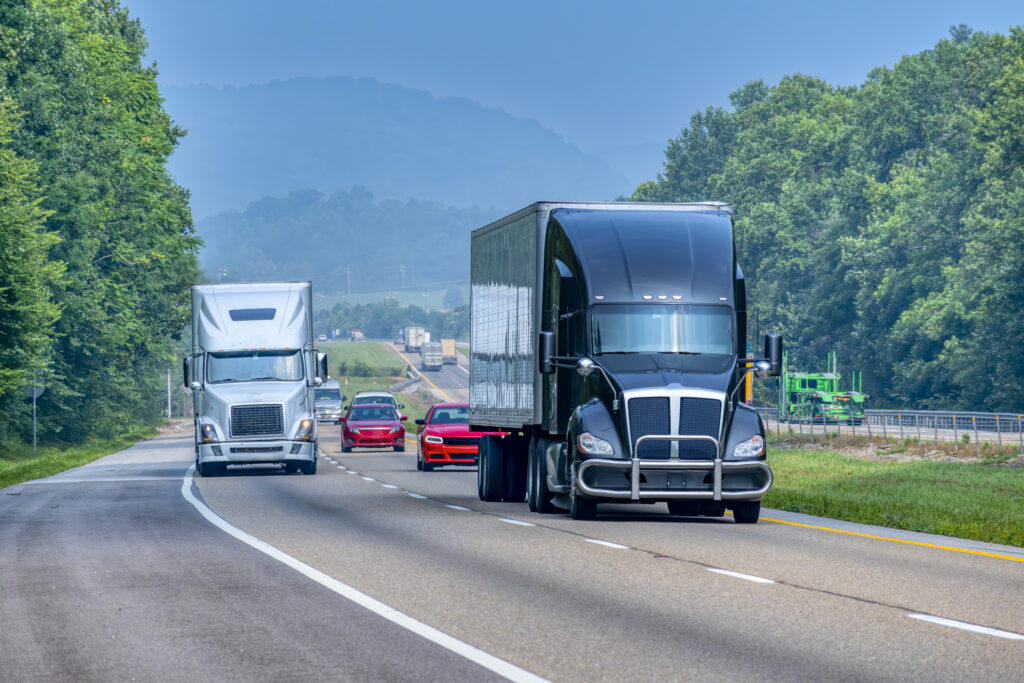
Post-Accident Drug Testing and Workforce Accountability
Accountability is one of the clearest benefits of post-accident drug testing. Employees who know that every incident will be followed by testing are more likely to adhere to workplace safety policies.
This consistency fosters a culture of responsibility, fairness, and transparency. By applying post-accident drug testing equally across the workforce, employers reinforce that safety is a shared priority and not negotiable.
Legal Defense and Post-Accident Drug Testing
Legal challenges often follow workplace accidents, especially when injuries, fatalities, or property damage are involved. Post-accident drug testing provides employers with a documented record of compliance that can be used in court to demonstrate due diligence.
If a lawsuit arises, employers who can show that they followed all required post-accident drug testing procedures have a much stronger legal defense. Courts and regulators value this documentation as proof that the employer took immediate and appropriate steps to evaluate the cause of the accident.
Insurance Implications of Post-Accident Drug Testing
Insurance carriers assess how employers manage workplace safety when setting premiums and processing claims. Post-accident drug testing is a major factor in these evaluations.
Employers who conduct consistent and compliant post-accident drug testing are often seen as lower risks, which can lead to reduced premiums. In the event of a claim, clear documentation of testing supports insurance approvals and protects the employer’s financial stability.
Technology and Post-Accident Drug Testing
Modern technology has transformed post-accident drug testing. Employers now use digital platforms to initiate tests, schedule mobile collectors, and track results in real time.
Electronic custody and control forms improve accuracy and reduce errors, while secure digital storage ensures audit-ready records. Mobile-enabled services allow employers to begin post-accident drug testing within minutes of an incident, even in remote areas.
Post-Accident Drug Testing for Multi-State and Remote Operations
Many companies operate across multiple states or manage crews in remote areas. Post-accident drug testing provides a consistent solution across these diverse environments.
Nationwide networks and mobile collection units allow employers to meet regulatory deadlines regardless of geography. This flexibility ensures that compliance is never compromised by location challenges.
Customizing Post-Accident Drug Testing Programs
Although post-accident drug testing follows federal and state rules, employers can tailor programs to their operational needs. For example, logistics companies may emphasize rapid roadside response, while manufacturing plants may prioritize immediate on-site collections.
Customizing policies ensures that post-accident drug testing not only meets compliance requirements but also aligns with organizational goals and risk factors.
Post-Accident Drug Testing and Future Workforce Preparedness
The future of post-accident drug testing lies in integration with broader compliance and workforce strategies. Trends include:
- Wider adoption of oral fluid testing for faster results.
- Continuous monitoring of employee eligibility and compliance.
- AI-driven analytics to identify high-risk patterns in workforce behavior.
- Stronger integration with digital safety dashboards and HR platforms.
These advancements will make post-accident drug testing an even more powerful tool for preparedness and resilience.
Building Public Trust Through Post-Accident Drug Testing
Public trust is critical in industries such as transportation, logistics, construction, and energy. Communities, regulators, and clients expect employers to maintain safe, drug-free operations. Post-accident drug testing provides visible proof of this commitment.
Employers who conduct consistent and compliant post-accident drug testing build credibility, strengthen client relationships, and demonstrate that safety is at the heart of their operations.
Why Employers Partner with Professional Post-Accident Drug Testing Providers
Managing post-accident drug testing internally can overwhelm HR and compliance teams. Professional providers like Patriot Safety and Services deliver reliable, fast, and compliant post-accident drug testing solutions.
Providers offer nationwide networks, 24/7 availability, certified collectors, and secure digital reporting systems. This partnership ensures that every test is legally defensible, audit-ready, and tailored to employer needs.
Post-Accident Drug Testing as a Strategic Advantage
Post-accident drug testing is more than a compliance requirement. It is a strategic advantage that strengthens legal defense, protects insurance claims, and reinforces workforce accountability.
By integrating technology, customizing programs, and maintaining clear documentation, employers transform post-accident drug testing into a proactive risk management strategy.
As regulations evolve and workplaces face new challenges, companies that prioritize post-accident drug testing will be better prepared to protect their employees, strengthen compliance, and build public trust. Patriot Safety and Services provides professional post-accident drug testing services designed to keep employers compliant today while preparing them for the future of workplace safety.
